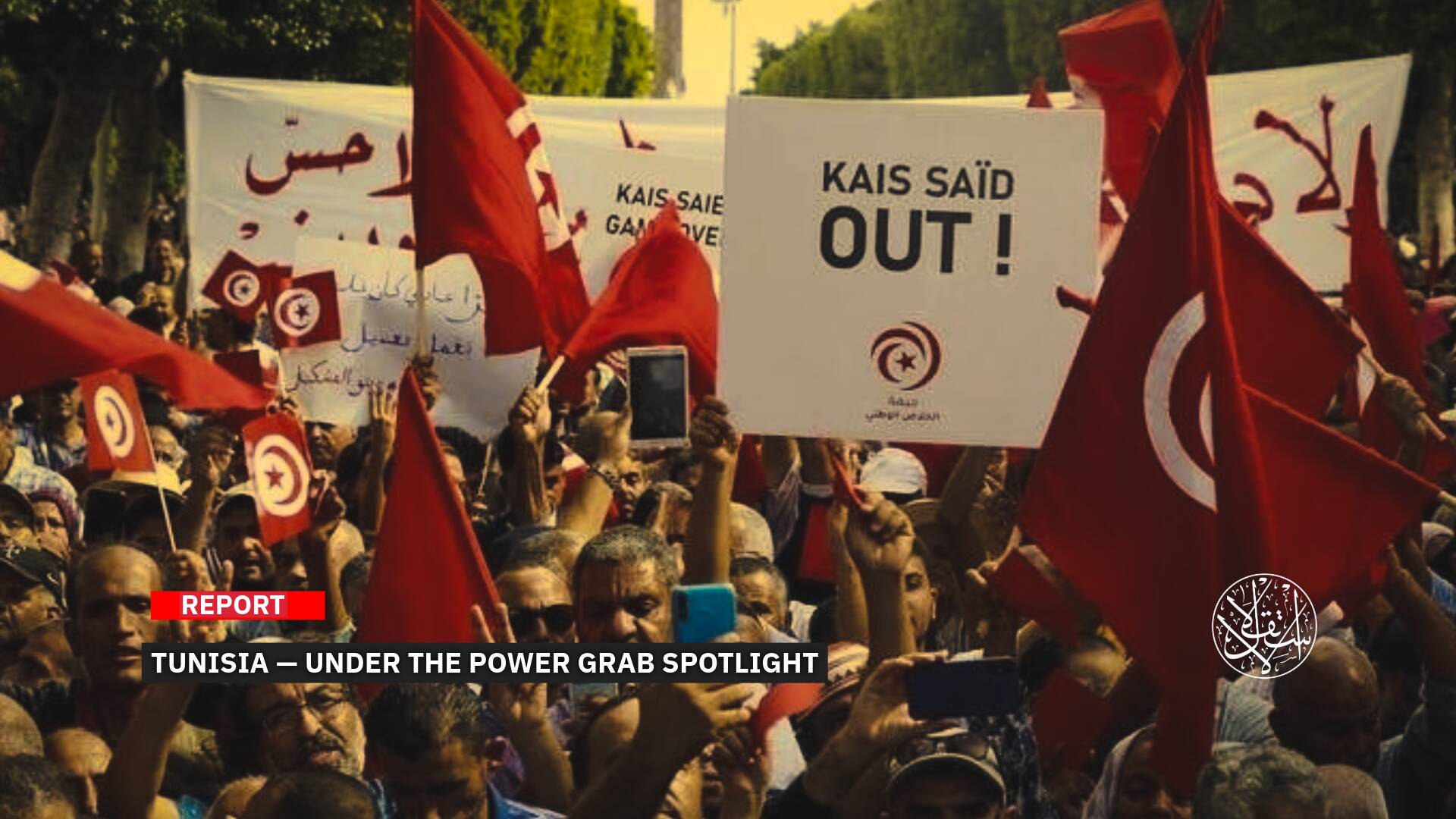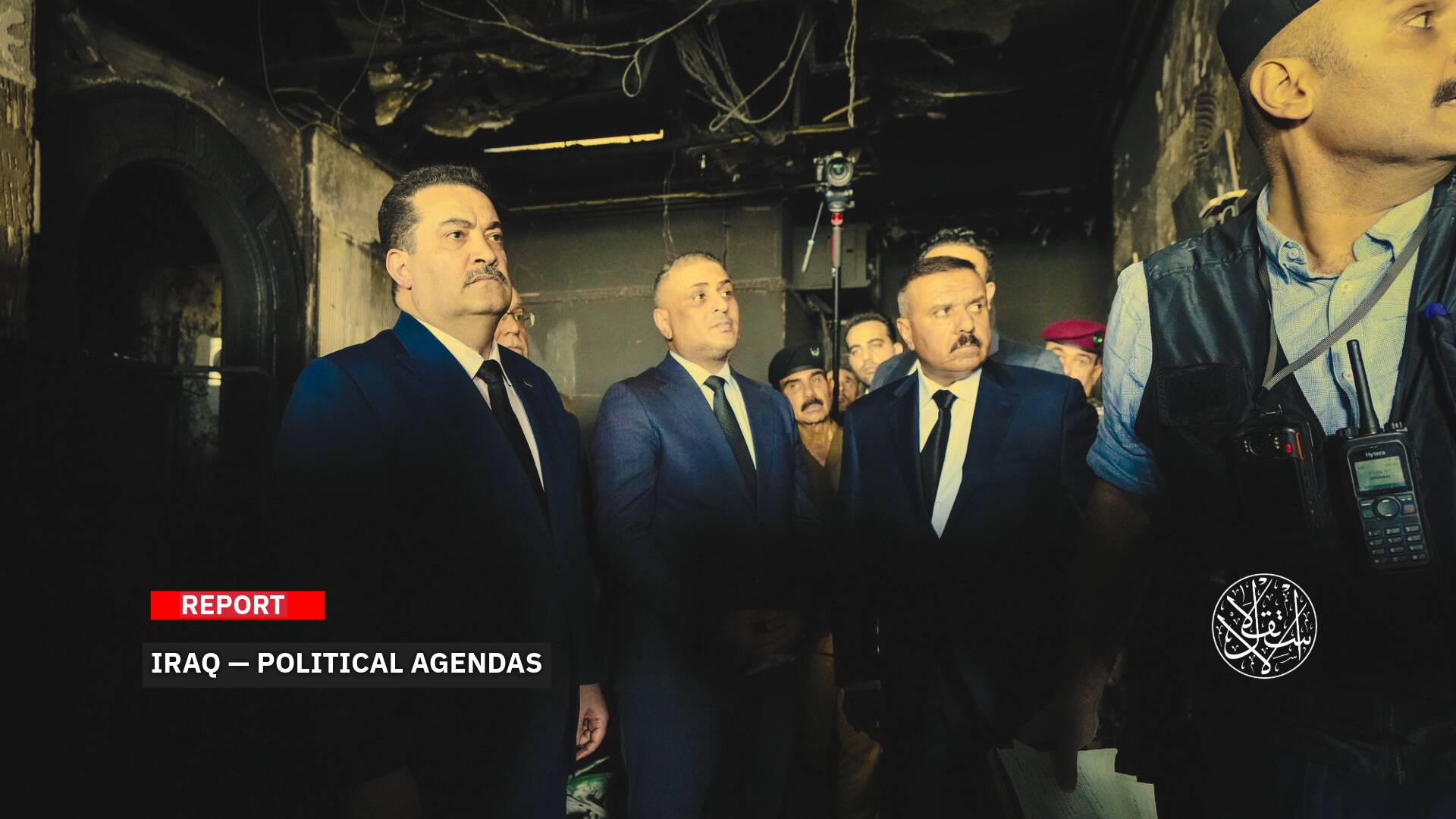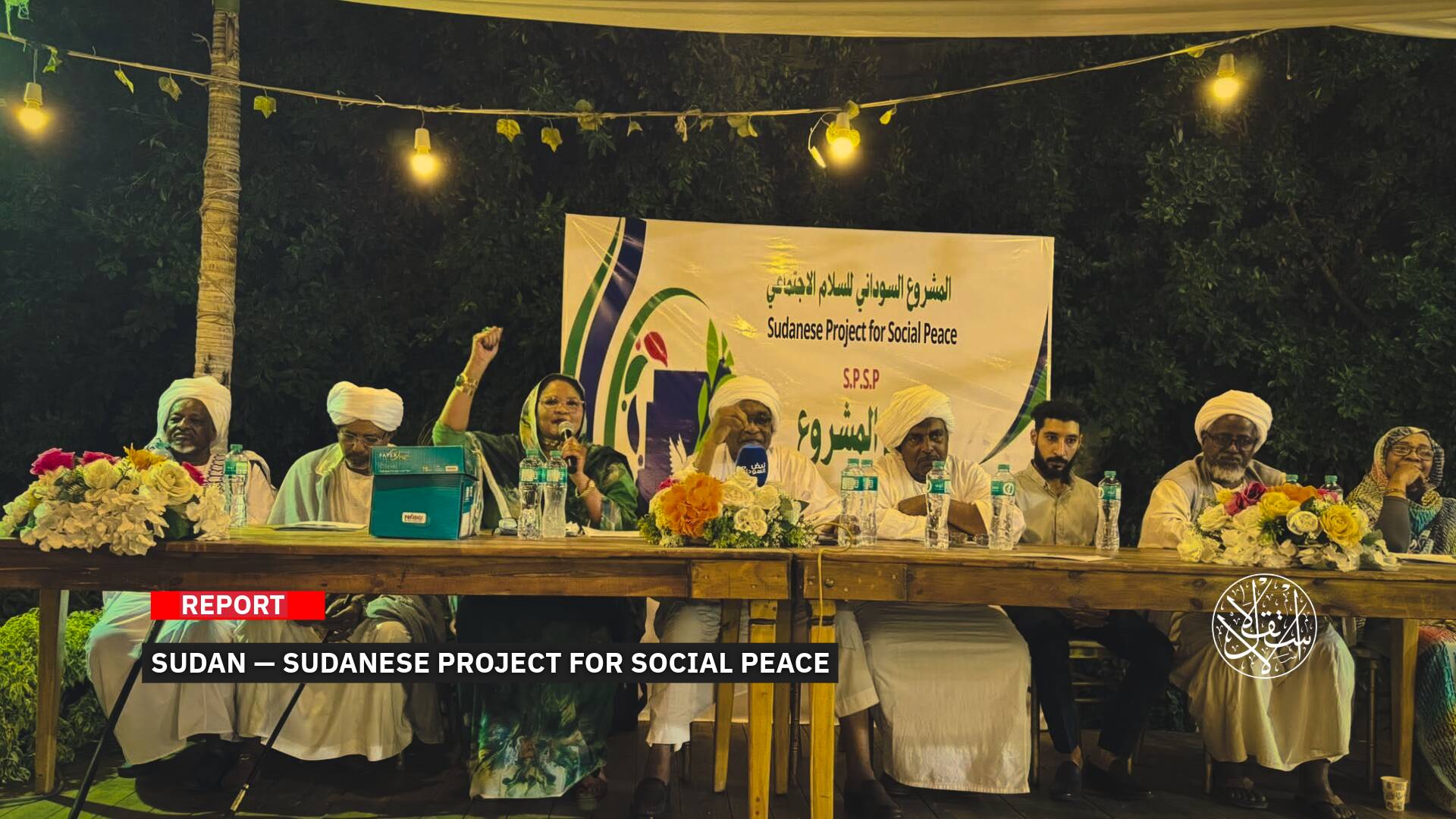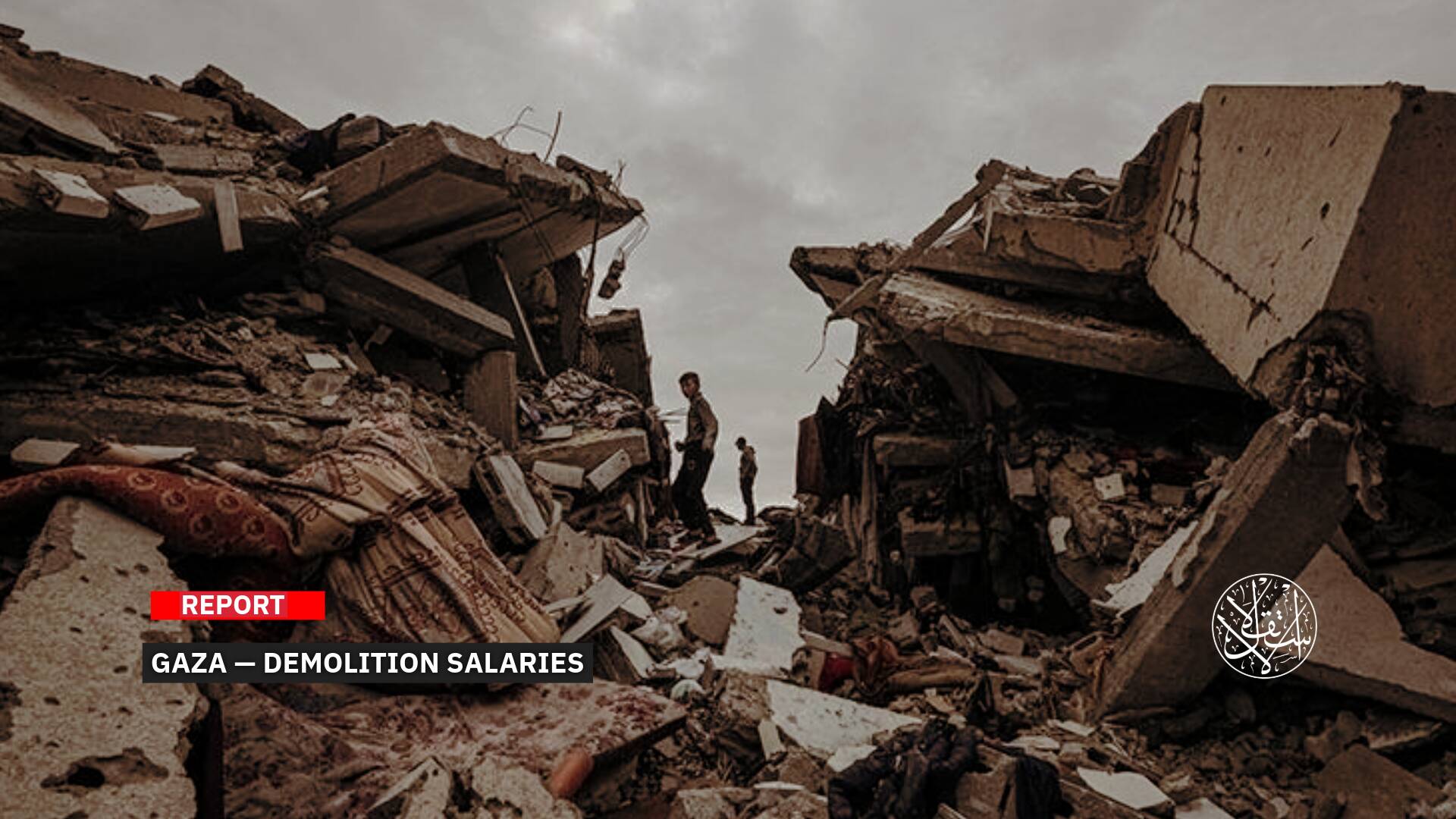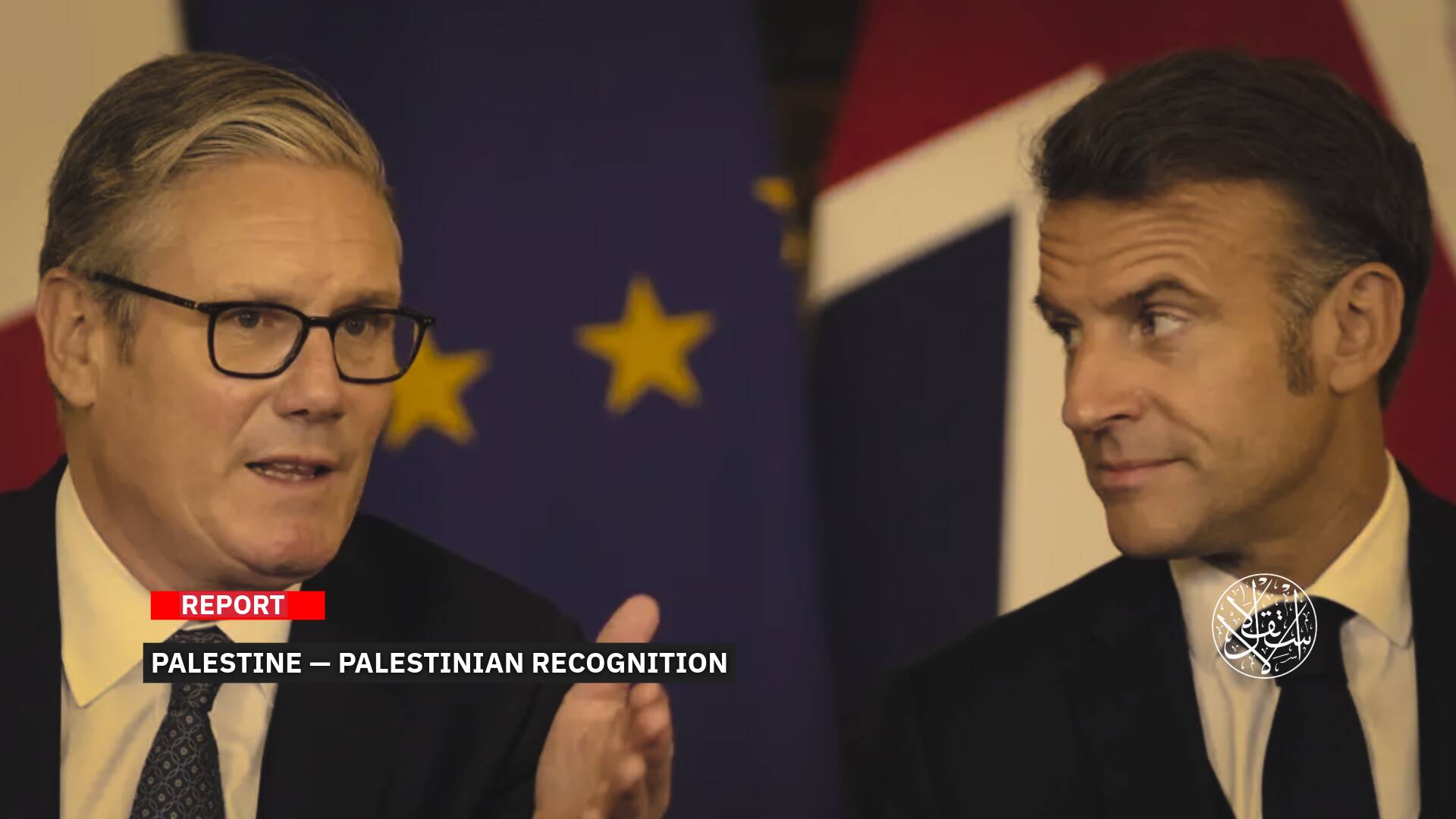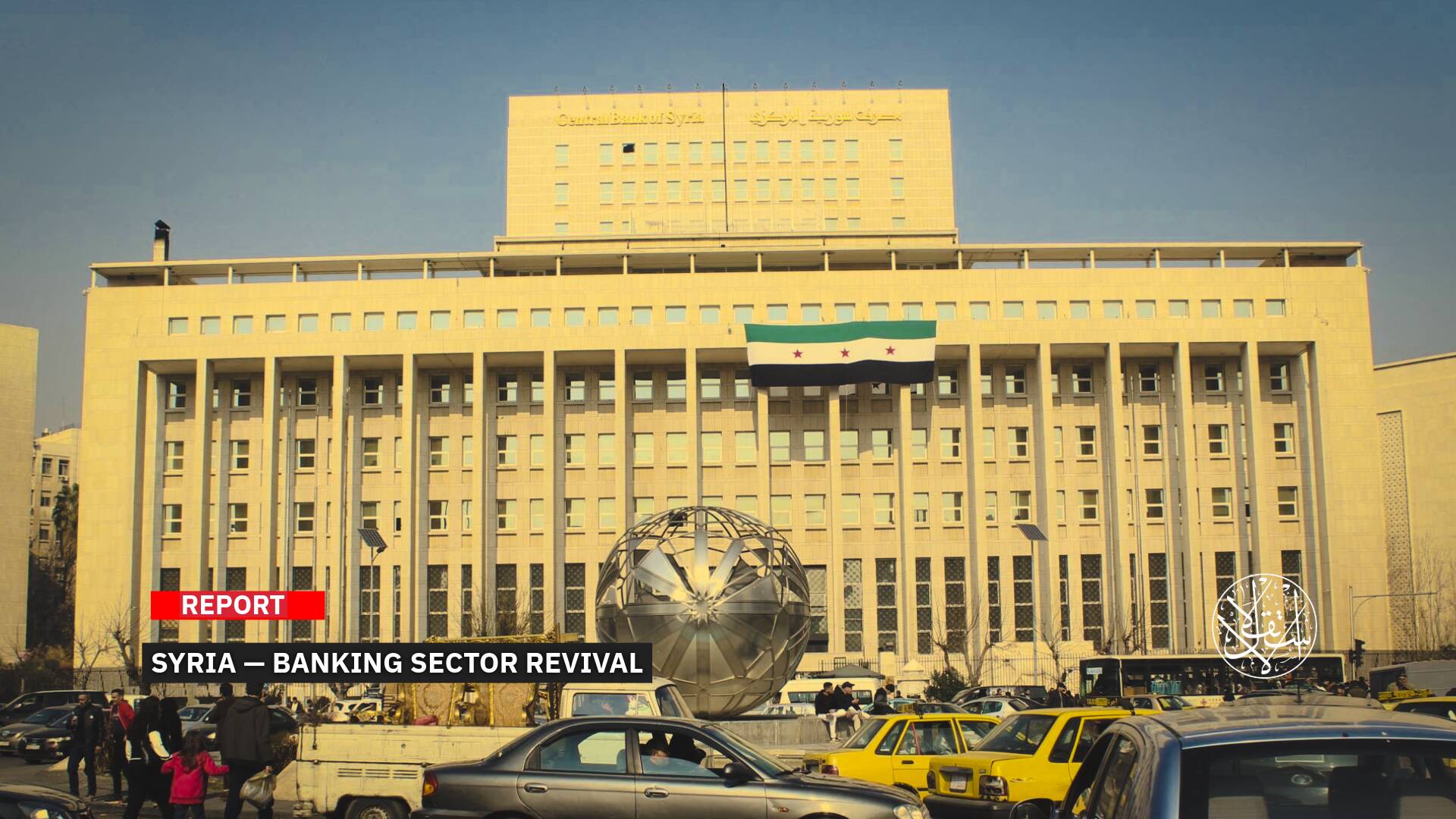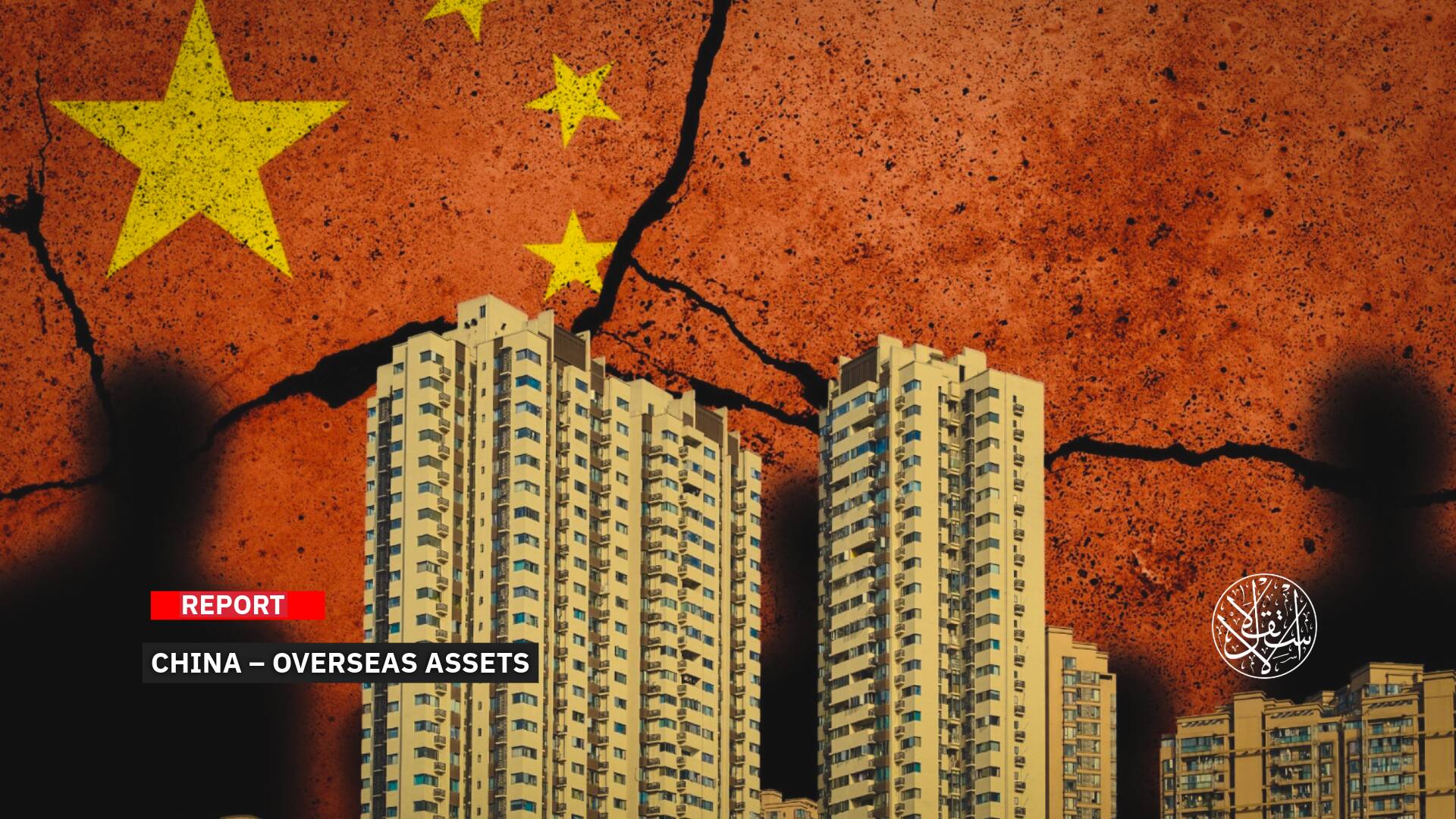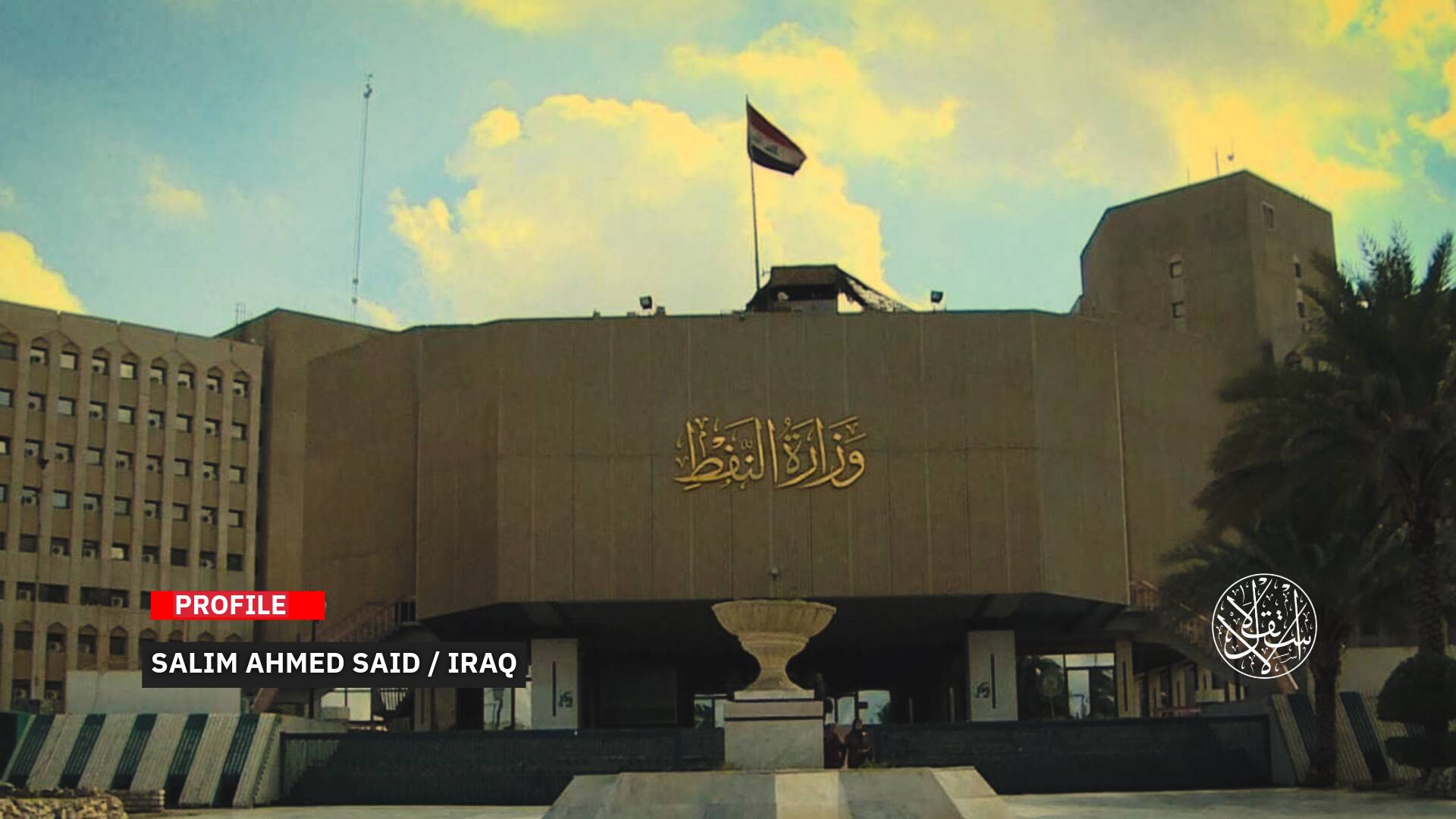Israel is an Observer Member of the African Union. What Awaits Egypt and Sudan?
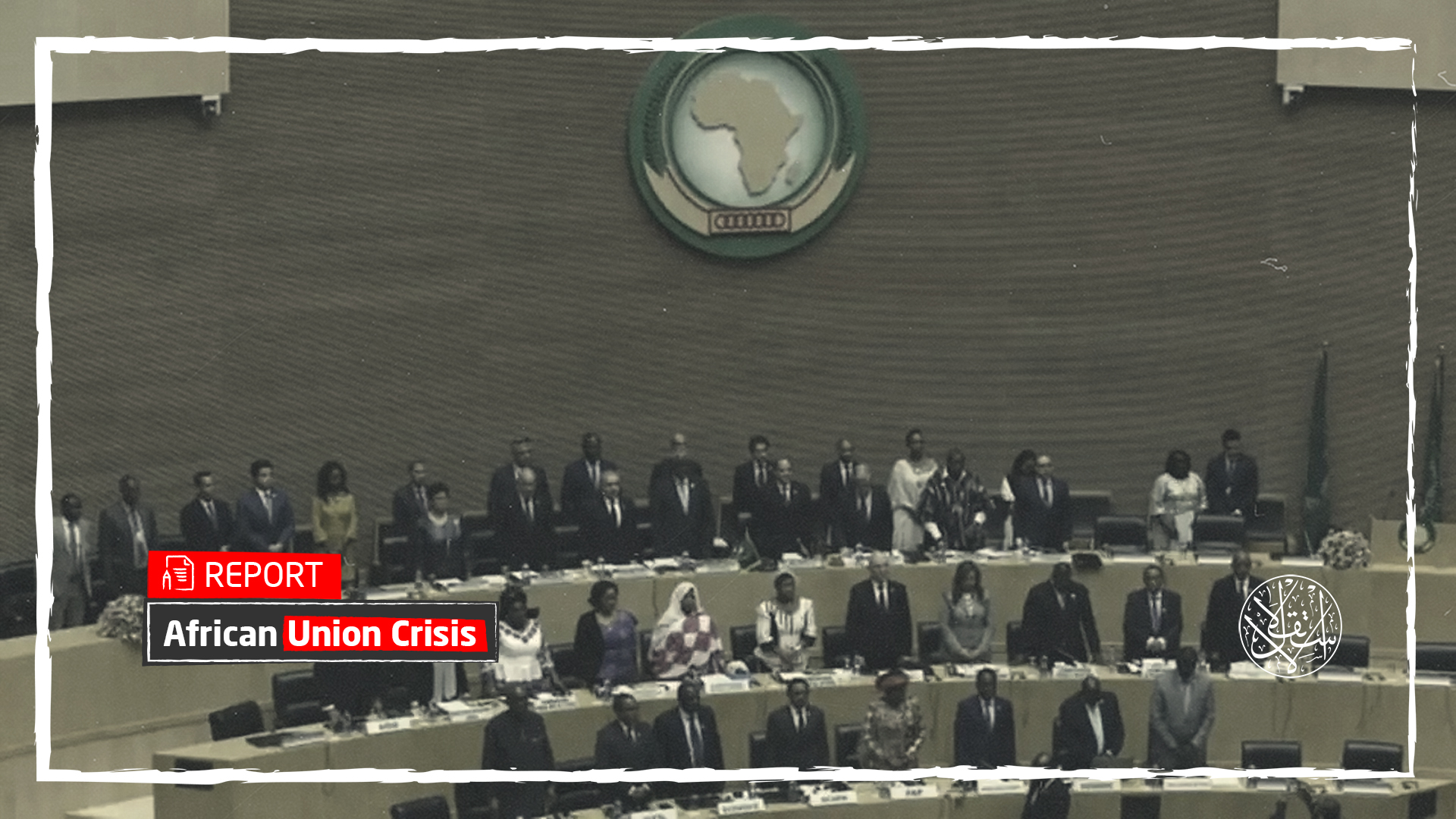
For 20 years, Israel waited for it to return to the African Union gate again as an observer, where Until 2002 Tel Aviv was a member of the Organization of African Unity until it was dissolved and replaced by the Union.
Since then, the occupation state has been removed and returned only on July 22, 2021, according to the Israeli Foreign Ministry statement.
The Israeli government, led by new Prime Minister Naftali Bennett, announced its return to the brown arms as a high-ranking diplomatic victory.
On the other hand, Egypt has not separated from the event, and is engaged in its fiercest strategic and security battles against Ethiopia, in terms of its water security, which is threatened by Addis Ababa's second filling of the reservoir.
It is a conflict that concerns the African Union and treats it with caution, after the issue has taken on an international dimension and reached an impasse.
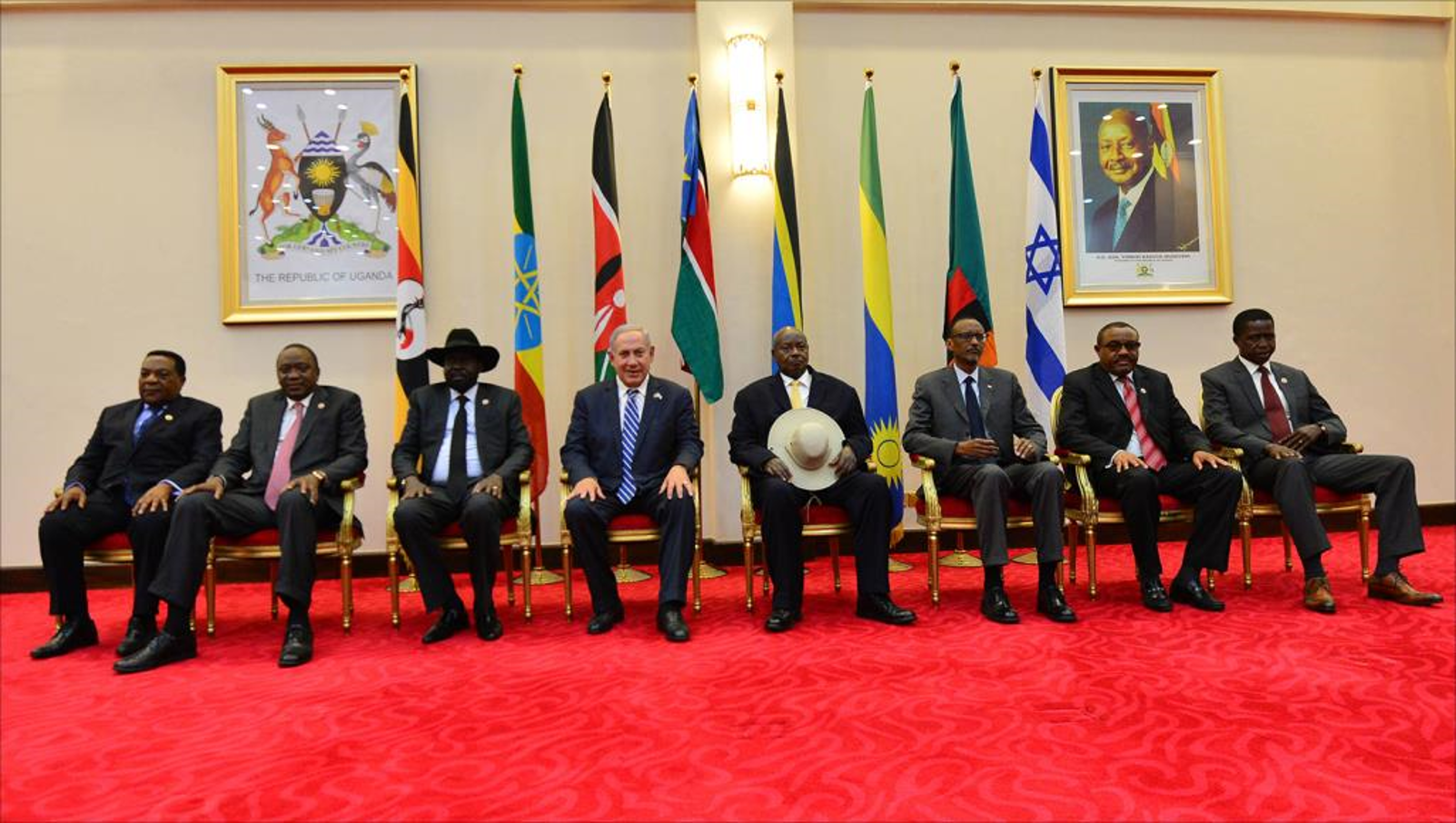
Membership of Israel
Israel's entry into the conflict has been questionable and suspicious, particularly with policies and reports confirming its support for the Ethiopian side, its contribution to the construction of the dam and the supply of military technology and equipment to the upstream State, with its old ambitions to take advantage of the Nile water.
It is also a generally non-neutral party to historical differences and disputes with Arab states.
Ethiopia was present and witness to Israel's penetration of African diplomacy when Israeli Ambassador to Ethiopia Alili Adamaso presented his credentials as an observer in the African Union to the Head of the Union Commission, Musa Faki Mohamed, at the organization's headquarters in Addis Ababa.
Immediately afterwards, on July 22, 2021, Israeli Foreign Minister Yair Lapid announced in a statement: "This is a day of celebration of Israeli-African relations."
He added that the observer's status "will enable Israel to assist the African Union further in combating the Co-vid pandemic and terrorism."
"This corrects the anomaly that has existed for nearly two decades and is an important part of strengthening the fabric of Israel's foreign relations," he said.
"This step will help us strengthen our activities on the African continent and with the member states of the organization," he said.
Since the 1960s, African-Israeli relations have experienced tensions with the outbreak of national liberation movements, which Egypt has provided with logistical and military support, leading many Union countries to align themselves with Egypt and the Arabs in the midst of the Arab-Israeli conflict.
The Israeli wars with the Arab states during 1967 to 1973 prompted African states to freeze their relations with Israel before the occupying Power made determined efforts over the following years to improve relations with many of those countries, particularly Ethiopia.
According to its Foreign Ministry, Israel has extensive relations with 46 countries in Africa, has strong partnerships and joint cooperation in many different areas, including trade and assistance in political, technological and security affairs.
Nature of Membership
Throughout the history of the African Union, Israel has not been the first outside the continent to gain observer status, although of course it is the most controversial situation at all levels.
Turkey, Palestine and Kazakhstan have already been granted such membership, with the Union's Existing Lomé rules allowing any country with good and integrated relations with African countries to join under observer status.
The African Union is an international organization of 55 African countries, founded on July 9, 2002, with its permanent capital in Addis Ababa, Ethiopia.
Although the observer member according to the Federation's legislature, represented in the African Parliament, is not entitled to vote on resolutions, this does not negate the lack of influence, but remains influential in one way or another, and the Union Charter allows the observer member to attend meetings, including the opening session of regular summits and senior meetings at the ministerial level.
The Observer State is also entitled to submit proposals and amendments and participate in various discussions, in addition to its right to apply for membership in the global conventions in which the Union participates as a party.
Israel's entry into the corridors of the Union will enable it to benefit politically and economically, as well as to support its positions in the regional and international system, deepen its involvement in the markets of the African continent, as well as neutralize the Union from the issues it directly affects.
What happened in May 2021, when the African Union condemned Israel’s brutal shelling of the Gaza Strip and the violent attacks of the occupying forces in the courtyards of the Al-Aqsa Mosque, cannot be overlooked.
At the time, it issued a statement saying: "The Israeli army is acting in flagrant violation of international law, and the tone of the Union's statements at its annual summits is usually supportive of the Palestinians."
On July 27, 2021, Algerian researcher specializing in conflict and security in the Middle East, Amal and Shenan, wrote an article entitled "What will it change if (Israel) joins the African Union?"
The African voting bloc has 54 of the 193 seats at the UN General Assembly, 3 of the 15 seats at the Security Council level, 14 of the 54 seats at the UN Economic and Social Council level and 13 of the 47 seats at the Human Rights Council level, the author said.
"Recently, it has been noted that voting trends in the African bloc have changed in favor of Israel," it said.
"At the regional level, Israel's presence as an observer member of this organization provides an opportunity to achieve different goals at multiple levels, most notably: to deepen relations with African countries and to benefit from the various initiatives and projects produced by the African Union structures and institutions, particularly within the Committee on Agriculture, Rural Development and Water," it said.
The last point is precisely what haunts Egypt, in the face of the ongoing and worsening conflict with Ethiopia, which in recent months has been exacerbated, with speculation that the conflict will escalate if Ethiopia continues its policy of depriving Cairo of its fixed share of the Nile.
Egypt’s Siege
"Ethiopia and the GERD project are primarily aimed at stifling Egypt and removing its independence and control over the decision at the long term," said Abdullah Hamdi, an Egyptian journalist specializing in Hebrew affairs.
"Israel's negative role in this matter, which has provided Ethiopia with dam-building technology, and then the dam's protective missile system against external threats, cannot be overlooked, specifically Egypt as the biggest casualty of the Renaissance dam," he told al-Estiklal.
"Israel's plan is in full swing, and its presence within the African Union as an observer contributes to supporting the Ethiopian position," Hamdi said.
Even before Israel's accession, Egypt was skeptical of the union's role, rejected its mediation and preferred to go to Washington for one-on-one talks.
This means that Cairo was wary of the Union and its biases to Ethiopia, which is also the headquarters State of the Union.
With Israel's entry on the line and its involvement on the continent, Egypt is faced with a complex dilemma.
"The Nile and its importance to Israel go beyond economic benefit only, but it is part of the doctrine and flag of the occupying state," the Egyptian journalist said.
David's star is between two blue lines, the Nile and the Euphrates, and Israel extends from the Euphrates to the Nile, and these borders are according to their outdated beliefs, he said.
"For decades, getting within Israel's major goals, and putting Egypt in a weak position, is a strategic goal for Israel," he said.
"Regardless of its relationship with the political system, the existence of a peace agreement or normalization, they are working on the distant future, and we have seen how they changed the African point of view that was with us, until they accept their existence and print with them, and take sides with them," he said.


